Registering your child for primary school can be quite a harrowing process, depending on your ideals, selection criteria and that year’s intake. Although the Primary One Registration Exercise is held from June to September each year to place the child in a mainstream school for the following year, many parents begin the process of preparing to register their firstborn from as early as nursery age.

The fact is that the popular schools in Singapore always face an overwhelming response of registries, and if not for the Registration Exercise procedure, there would be no way of streamlining applications and making objective decisions on who gets in and who doesn’t.
It’s all a fairly organized process. The key factors that would win your child in the school of your/his choice are proximity to the school, and whether or not either one of his parents is an old boy or old girl of the school. Having an older sibling already in the school is often a ‘guarantee’ for the younger siblings to get in successfully.
You can read more about the phases in the registration process here.
However, as much as the current system gets the job done, many would argue that the process of registration – physically going down to the school, preparing the paperwork, volunteering man-hours with the school beforehand to increase chances of a place – can be extremely tedious, time-consuming and frustrating.
⇒ Related Read: Is Your Child Ready For Primary School
Mothers Share Their Take On P1 Registration
As Jenny, mother of two boys, whose eldest goes to Primary 1 next year puts it, “During my time, my mum just needed to go to the primary school to register, and I immediately got a place. Registration for Primary 1 is now too stressful. Personally, I feel that those who have a good location or past graduation from the school should not be given so many places in the schools – to be fair to us, phase 2C should leave a fixed minimum number of vacancies for the rest of us who do not qualify for the earlier phases.”
Janice, whose three children are now in their late primary and early secondary years, recounts how difficult it was to enroll her children into a good school in her neighbourhood (Woodlands) a few years ago, because most of them required her to clock in 40 hours as a parent volunteer with the school prior to the registration exercise, just to increase her chances of securing her eldest child a place. And there was still no guarantee of a place after all those hours.
“We decided to send the kids to our alma maters in the end, which are actually much further from our home than our ideal original choices for them. But what to do? There was no way I could clock in those 40 hours of volunteering, and I didn’t want to risk them being seconded to another school even further away.”
She adds that she doesn’t really agree with the current rationale about giving priority to children of old boys and old girls in the registration exercise. Instead, she wishes the rules would change to give priority to people staying in the neighbourhood around the school, as that makes the most sense. Schools could reserve 30% of placement for their long-term alumni or life-time members, since these have paid a premium for their membership perks.
Corinne, another mum with primary-school-going kids has this to say to parents who are registering their child for school in the coming years: “Go for the neighborhood schools – there will definitely be vacancies. It is only stressful when parents want their child to be registered at a particular school.”
⇒ Related Read: 5 Ideal Neighbourhoods to Raise Kids in Singapore
Which School Suits My Child Best?

It does depend on a lot on the parental expectations on what constitutes the ‘ideal’ school, and what criteria you have in mind when selecting a school. The personality and aptitude of your child definitely have an important part to play too. Branding isn’t everything. To be at a school that produces the “cream of the crop” can be an exciting experience or privilege, but it also could be a life sentence to the less academically inclined.
At the end of the day, I think it’s not so much the system that needs to change, but the attitudes of parents towards education, towards their children, towards their pursuit of success, and their perceptions about failure as well.
⇒ Related Read: What Makes A Good School?
By Dorothea Chow
What are your thoughts? Share your comments with us below!
If you find this article useful, do click Like and Share at the bottom of the post, thank you.












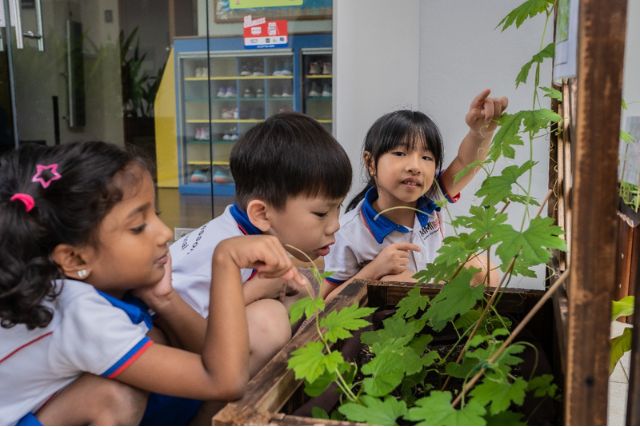


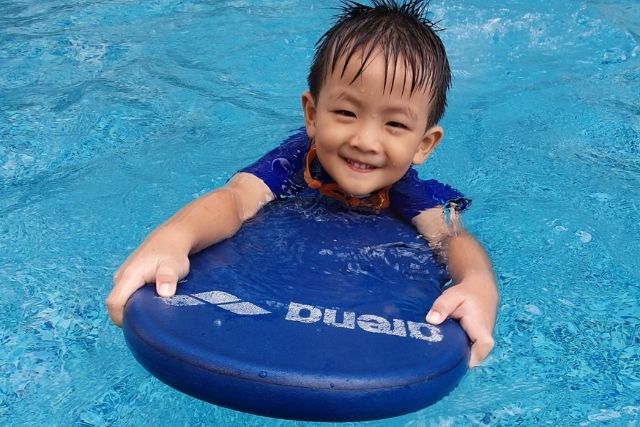






















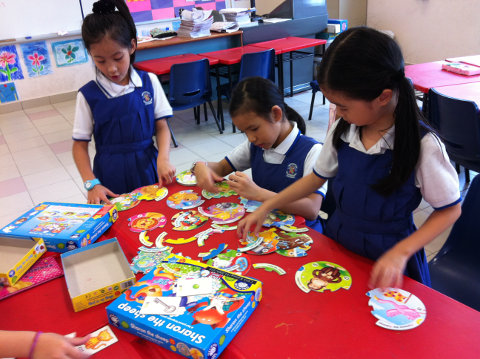
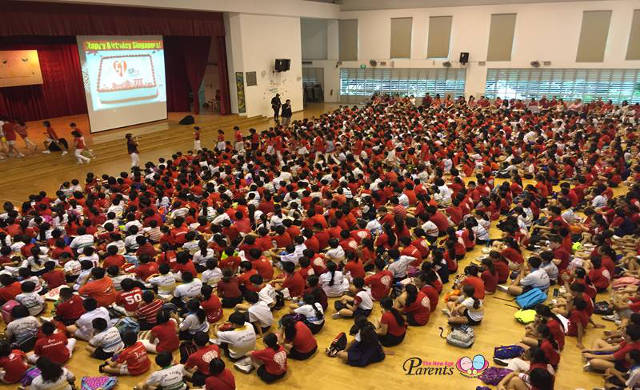

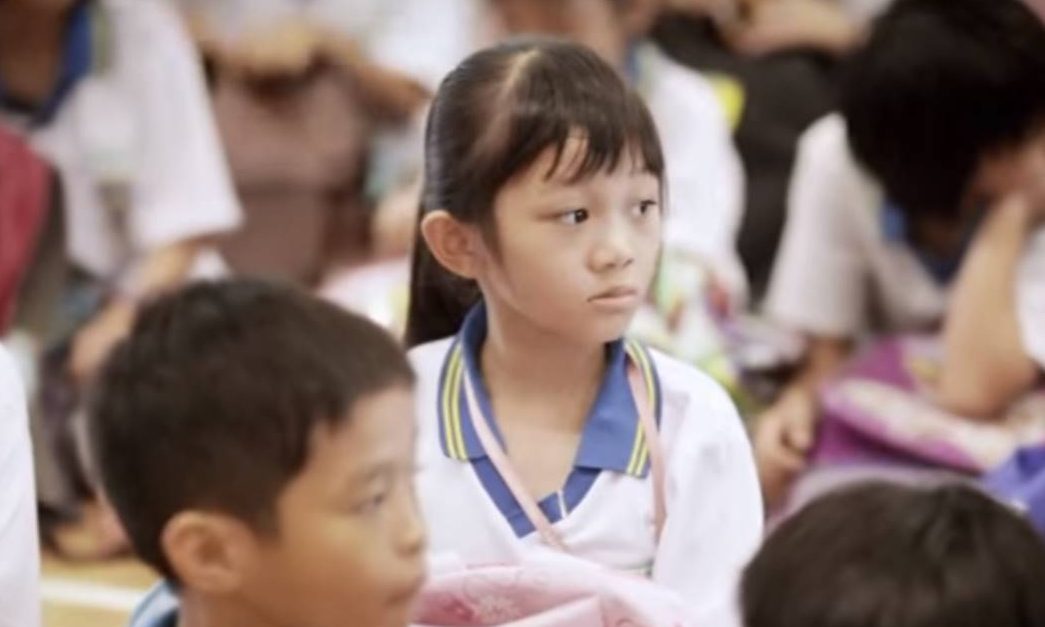

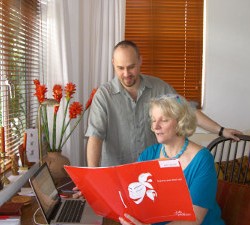



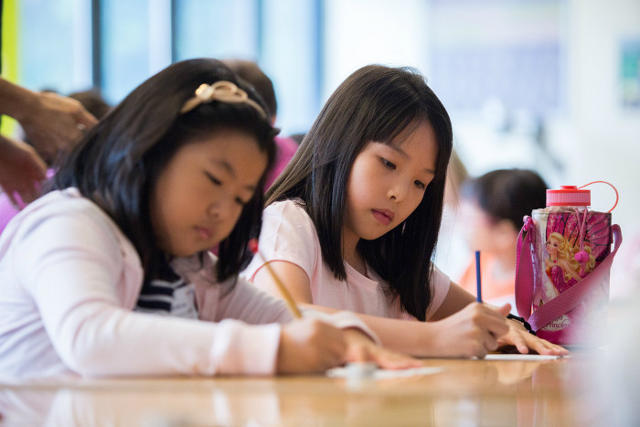

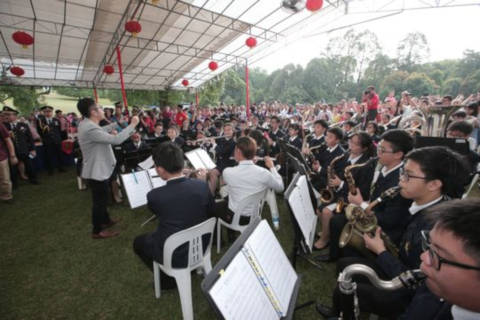

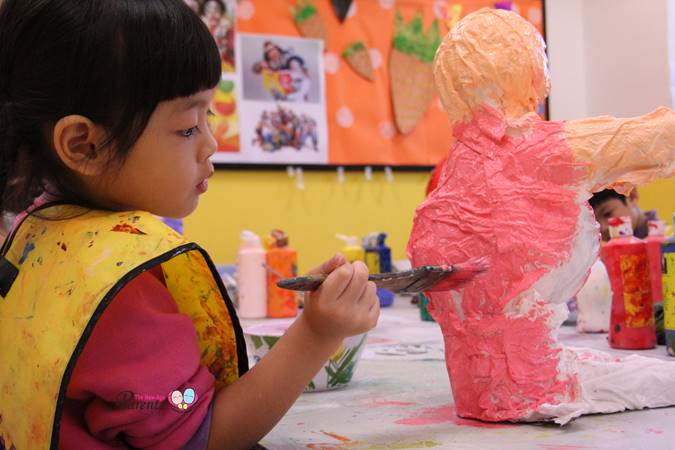





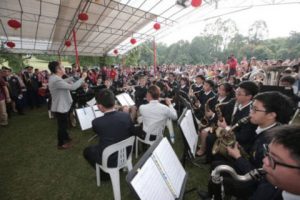

Leave a Comment: